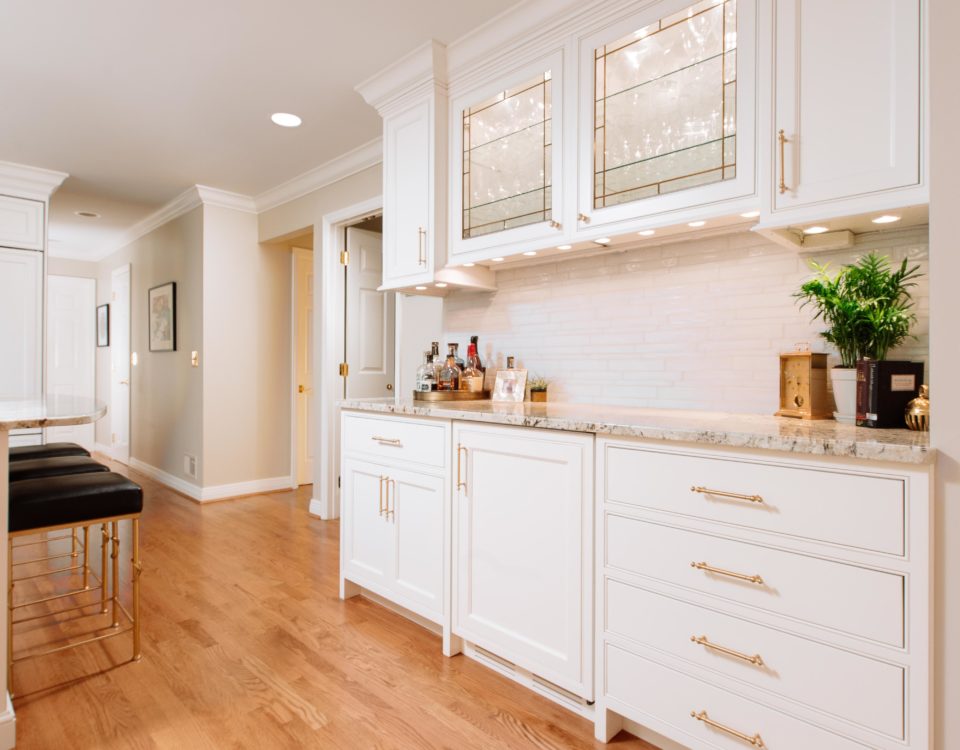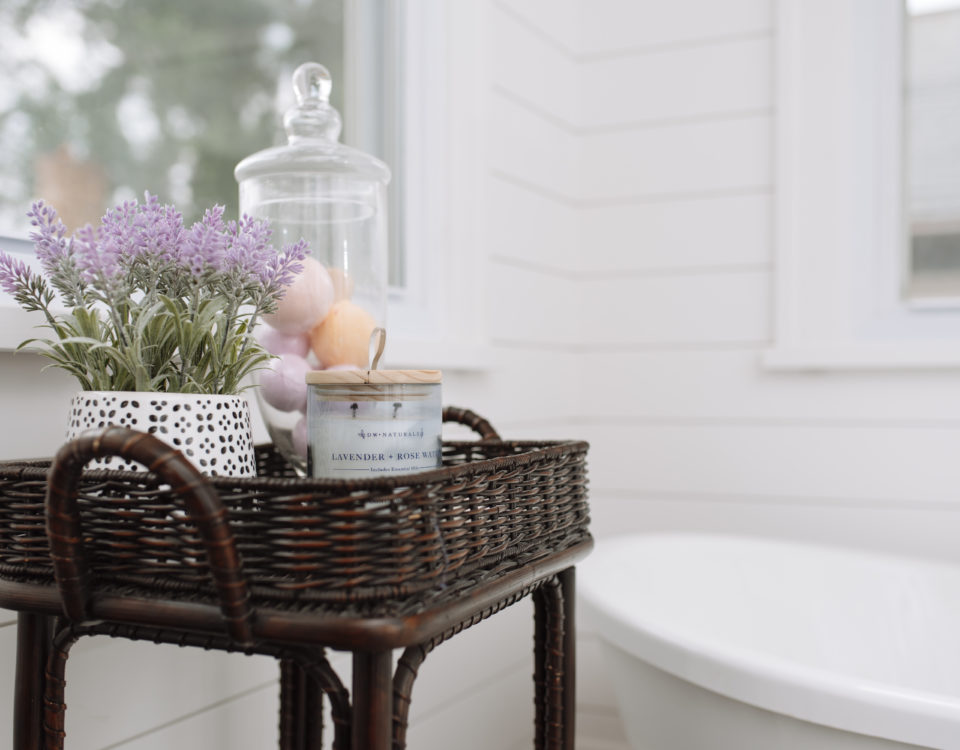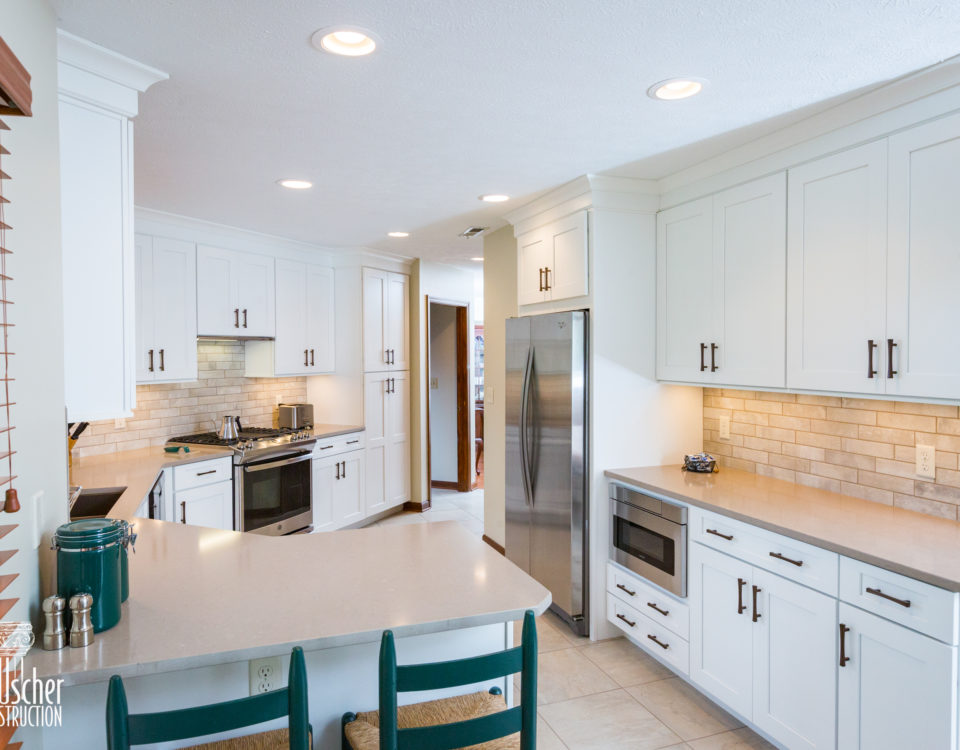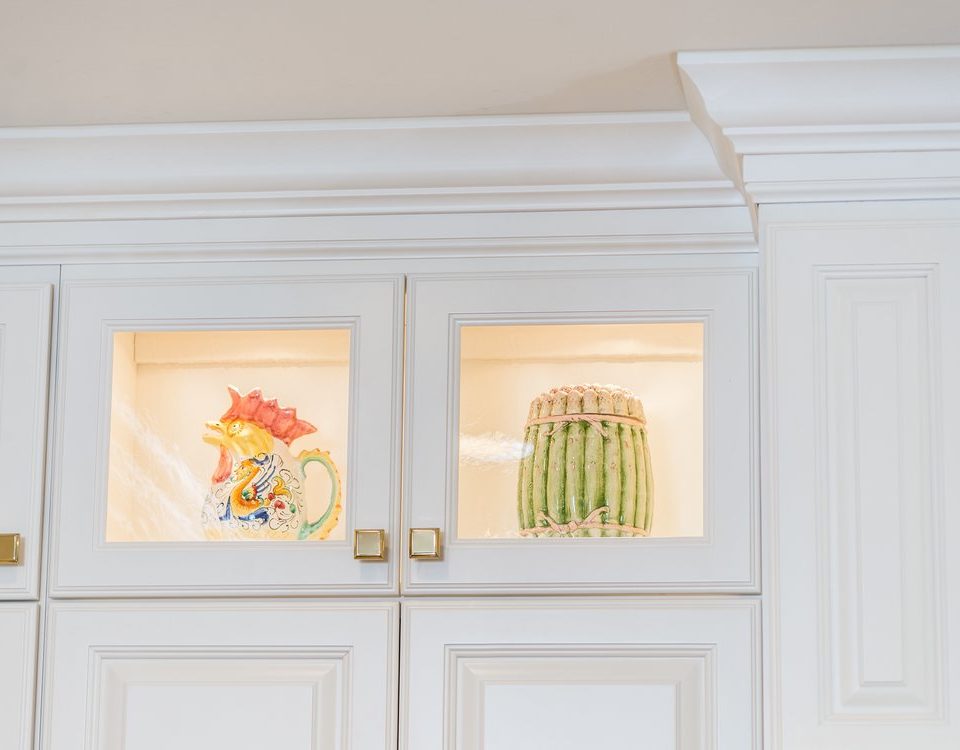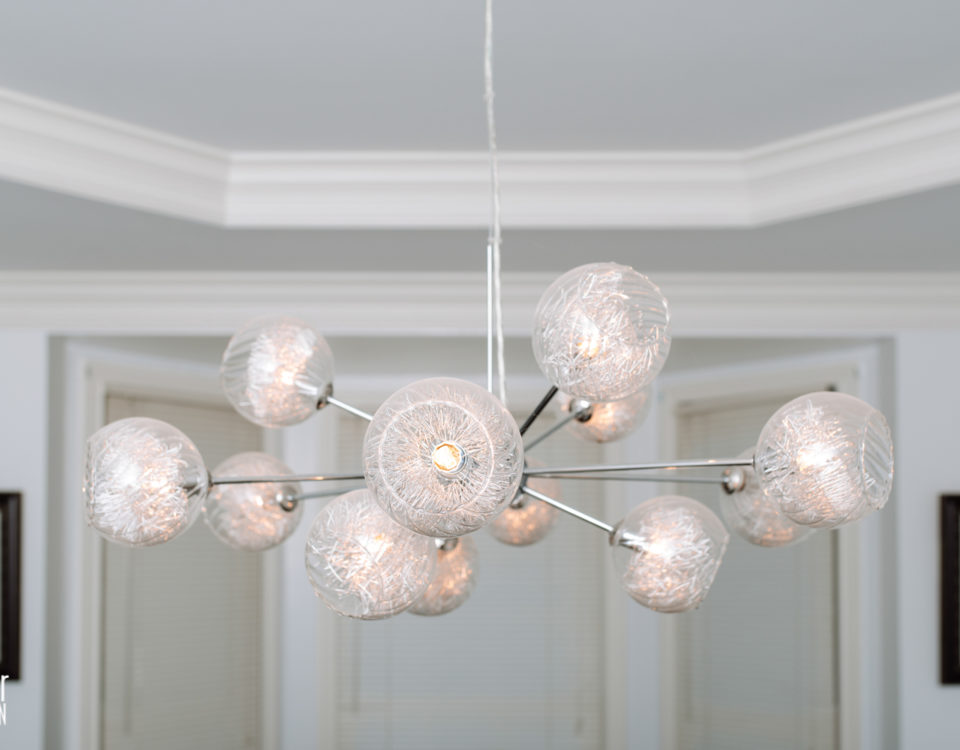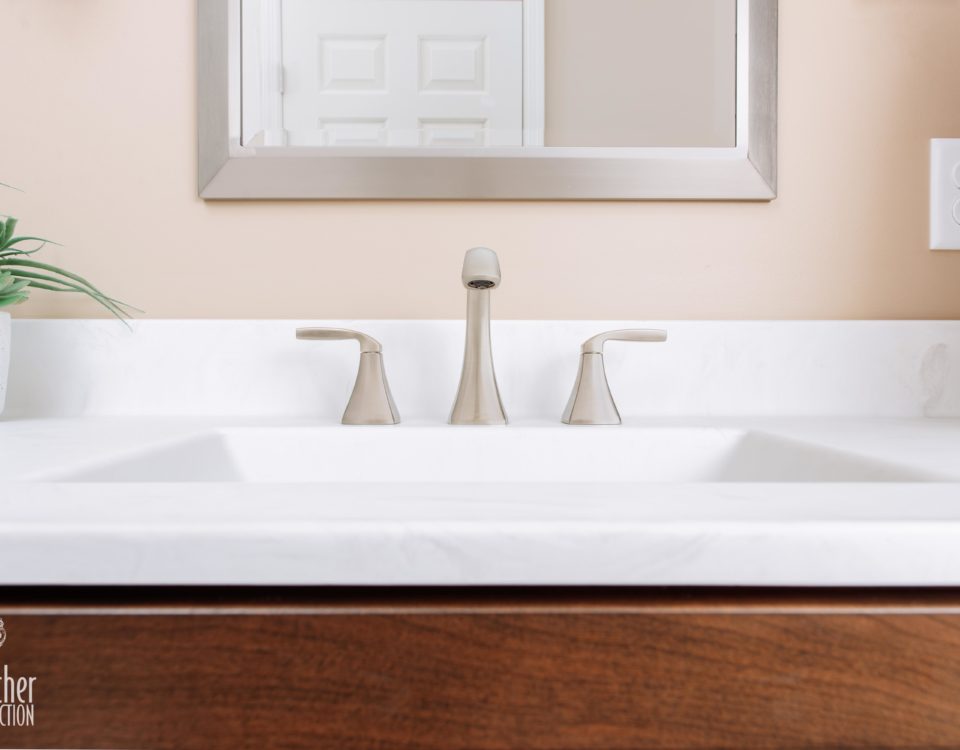Granite vs. Quartz Countertops: What’s the Right Top for Your Home?

How to Get Started with Your Project Planning
September 16, 2017
Winter is Coming: Here’s 11 Tips to Prepare
October 14, 2017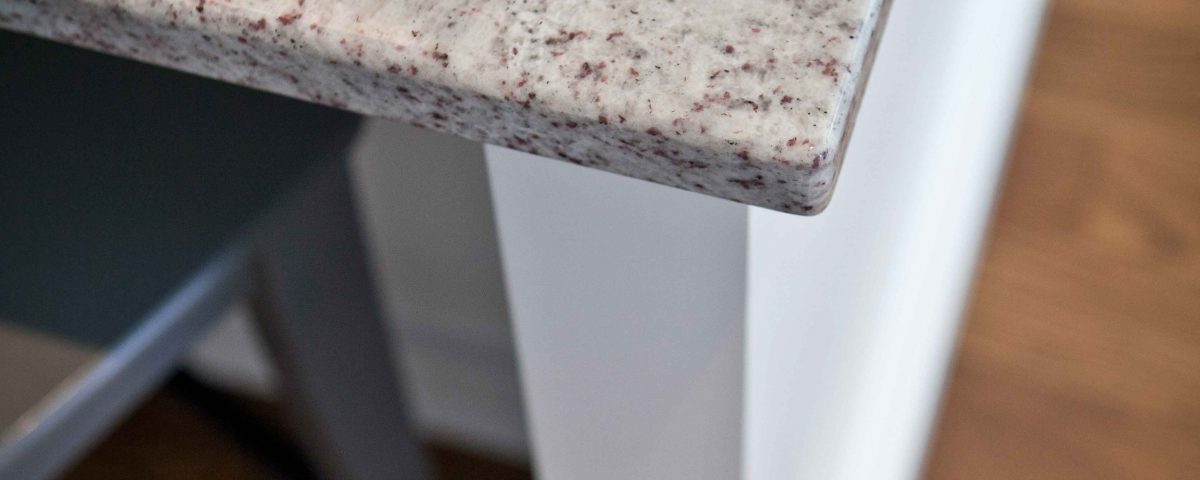
Do you find yourself trying to choose between granite countertops and quartz countertops? Both are great products, so how do you choose which is right for your family?
A Popularity Contest
Although quartz is making some strong inroads, granite is still the undisputed champion of the countertop world. It is by far the most popular countertop in kitchens and bathrooms today, but may not remain that way in the near future.
What are they made of?
Because granite is quarried out of the earth, sliced up into the slabs, and then polished to the beautiful tops you are used to seeing, every one is unique. As a result, it’s important that you actually go to the warehouse and pick the actual slab that will be used in your home. If you try to pick granite from a sample, you may find that the top that shows up at your home, may not look like the sample you picked in the showroom. Mother Nature loves variety, and no two granite stones are exactly the same.
Unlike granite, quartz is a man-made product. It’s made up of approximately 93% crushed quartz mixed with 7% resin binders. It will also run far more consistent to the sample blocks you see, thanks to the more consistent manufacturing process. The top you receive will likely be very close to the sample you see in a showroom making the selection process a bit simpler.
Maintenance:
Because granite is a natural stone, it can be rather porous and requires sealer to be applied periodically. We recommend that you apply sealer to your stone tops about once per year. While there are sealer options available that are warranted to last up to 15 years, they do come with a price and in some cases have to be applied before the tops are installed in your home.

Quartz, on the other hand, is very dense and none porous, and requires no sealers. It is every bit as heavy as granite, but because it’s a little more flexible, it is less likely to break during fabrication and installation. Quartz is definitely the winner when it comes to maintenance, or lack thereof.
Pricing Comparison
Granite and quartz are both priced in levels. They may be listed as levels one, two, and three or level A, B, and C and so on. The concept is the same either way, where one or A will be the lowest cost, and the prices go up with the levels. It’s important to note that the quality of the granite or quartz doesn’t go up as the levels and prices go up. Paying more for granite does not insure a higher durability or performance over time. In fact, some exotic granites, that are more expensive, actually break easier during fabrication which contributes to their higher cost. The higher levels are typically less plentiful, and therefore in more demand. Think of them as semi-precious stone: the less of it there is, the more it’s going to cost.

Quartz tends to start out at a slightly higher price point than granite, but the two are fairly similar in the grand scheme of things. The cost difference tends to be small enough that most people make their decisions based on aesthetic or maintenance of the products and not on price.
The style of quartz
The uniformity of quartz makes it easier to make tight seams that are less noticeable. The natural randomness of granite that provides its uniqueness
Conclusion
Both granite and quartz are great countertop materials for Kitchens, Bathrooms or any other area of your home. If you like the natural feel of mother nature and don’t mind a little sealer, granite may be your perfect fit. If you prefer the uniform and carefree maintenance approach, quartz may be just the solution for your home.
SMART PEOPLE MAKE SMART CHOICES
Our goal with these pieces is to help you get the information you need to make educated choices for your home and family. If you’ve found this helpful, share it with others. If you have questions or would like to request other topics to , please use the comment section below and we’ll make sure you get you the answers you need.
If you’re ready to get your project started, we’d love to talk to you!


